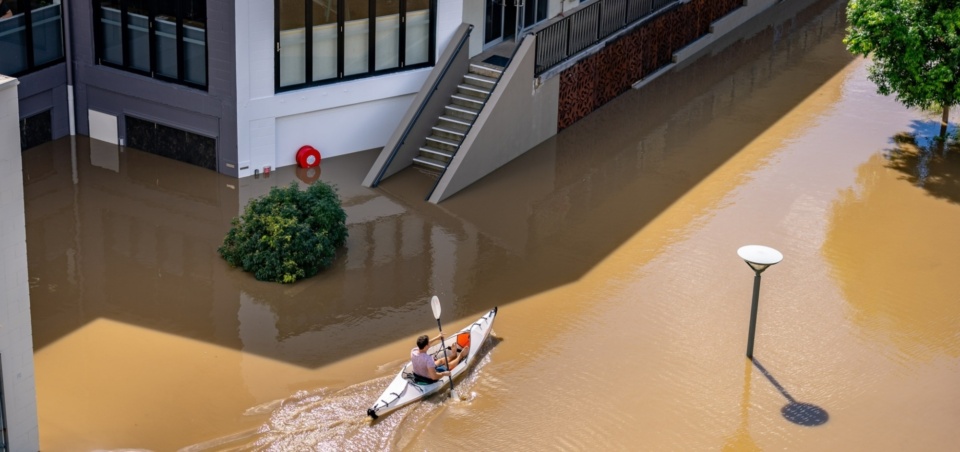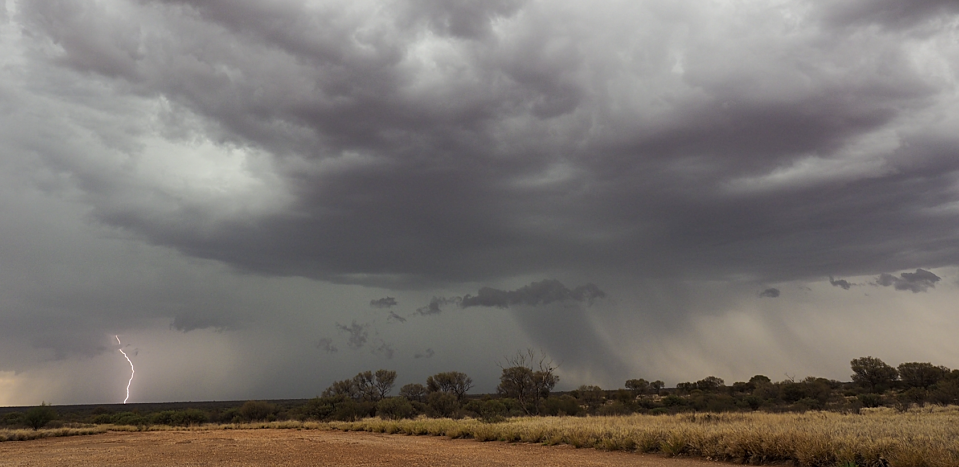
One Nation’s chances as a dominant conservative party are piñata-like
Posted on 11 Feb 2026
Opinions polls insist Pauline Hanson's fortunes are on the rise, but it is likely that enthusiasm…
Posted on 12 Jun 2024
By Community Council for Australia CEO David Crosbie

The sobering statistics outlined in the latest Australian Charities and Not-for-profits Commission Australian Charities Report highlight a sector under stress, says Community Council for Australia CEO David Crosbie.
One of the most important arguments many of us used in supporting the establishment of the Australian Charities and Not-for-profits Commission (ACNC) was the benefit of gathering more timely and accurate information about the charity and not-for-profit sectors.
This last week has again demonstrated the critical role the ACNC can and does play by providing a snapshot of the state of the sector.
The information charities have provided to the ACNC through Annual Information Statements haven’t been stuffed away in filing cabinets or on central servers (as so often happens with our data) but has been analysed and presented back to the sector in an accessible and useful way.
The value of this information cannot be overstated.
Before the establishment of the ACNC, little was known about charities in Australia aside from the data published in the NPI Satellite Accounts – Australian National Accounts: Non-Profit Institutions Satellite Accounts.
The charity records held by the Australian Taxation Office (the default charity regulator before 2013) were not regularly updated, as the ACNC discovered when more than 5000 charities listed on the ATO database of charities turned out to be closed down or inactive.
The Community Advocate and the ACNC Commissioner's Column last week outlined key findings from the latest ACNC Australian Charities Report drawing on data from 2022 to mid-2023. These findings should be a major concern for policy makers, charities and the broader community.
The headline data has been well covered, but I want to focus on two sentences from the ACNC commissioner’s summary:
“It is important to recognise that the rise in expenses and liabilities outpaced the rise in revenue and assets in percentage terms.”
and
“Employee expenses alone increased by almost 10% – the highest annual rise ever recorded.”
These are compelling figures. And yet in many ways they represent the tip of an iceberg. Just below the surface are a range of emerging problems that are eating into the sector’s capacity to survive and continue serving their communities.
If we want change, if we want to steer around the icebergs ahead, we need to use the data the ACNC Charities Report provides and drive reforms that will strengthen our sector and the services we provide to our communities.
Putting aside the acknowledged increases in staffing costs, I am yet to talk to any charity that isn’t paying more for essential operating expenses including insurances, power and fuel, accommodation, communications, data and records keeping, and IT.
Add in the demands of cybersecurity, energy transition, staff and volunteer training, climate adaptation, increased compliance and reporting requirements, and the need for ongoing evaluation and innovation including AI, it is surprising we are not seeing more of our organisations taking to the lifeboats.

The bottom line is that charity costs are going up more than revenue. Our sector is becoming unsustainable.
The almost 1.5 million staff and more than three million volunteers across our sector face a growing level of uncertainty and frustration at not being able to do what is needed because of the squeeze on resources. This uncertainty and frustration can have a significant impact on the wellbeing of staff and volunteers, and their capacity to do their job well.
And when staff and volunteers can’t do what they know is needed, the communities they serve experience more harm.
Perhaps of even more concern is that the major funder of charities in Australia – governments – appear to be oblivious to the distress flares and flags the charities sector has been raising for several years. Acknowledging that charities are doing it tough doesn’t address the fundamental problem – charities are being underfunded for the work they do.
For those charities that don’t receive any government funding, the situation is also dire. As the ACNC Charities Report highlights, extra-small charities are increasingly reliant on donations and have lost more than 15% of their staff and volunteers in five years.
At CCA we were not surprised at the findings of the ACNC Charities Report, but they still sent a ripple of concern through many of our members and their leadership.
What would happen if almost any major industry group in Australia released this kind of snapshot on the current state of their sector? What if that industry group relied on governments for more than 50% of their revenue? What if the services they provided underpinned more than 5% of GDP and employed more than 10% of the Australian workforce?
The reality is that despite all the reports, all the supportive rhetoric, all the calls for action, almost nothing is being done to address the squeeze on charities and community organisations. The charity and not-for-profit sector is largely left to try to do business as usual with less income, increased costs and, in many areas, increased demand and complexity.
The good news is that everyone across the charity sector now has the information they need to strongly make a case for doing business differently, thanks to the ACNC.
If we want change, if we want to steer around the icebergs ahead, we need to use the data the ACNC Charities Report provides and drive reforms that will strengthen our sector and the services we provide to our communities.
CCA will be citing the ACNC data on the sector as a central part of our pre-election advocacy. Hopefully, we will not be alone.
David Crosbie has been CEO of the Community Council for Australia for the past decade and has spent more than a quarter of a century leading significant not-for-profit organisations, including the Mental Health Council of Australia, the Alcohol and Other Drugs Council of Australia, and Odyssey House Victoria.

Posted on 11 Feb 2026
Opinions polls insist Pauline Hanson's fortunes are on the rise, but it is likely that enthusiasm…

Posted on 04 Feb 2026
As we move into 2026, I can’t help but think the world is wobbling a little.

Posted on 28 Jan 2026
The 2026 Australia Day Honours list delivered a sobering reality check. After reaching gender…

Posted on 28 Jan 2026
This year’s Adelaide Writers’ Week began with the cancellation of a talk by Palestinian-Australian…

Posted on 16 Dec 2025
As Australia prepares to welcome its one millionth refugee, human rights advocate and former…

Posted on 10 Dec 2025
What a year 2025 has been, particularly at a national level where the Parliament and politics as we…

Posted on 26 Nov 2025
Charities and not-for-profits can be outstanding advocates for their cause, their community, their…

Posted on 12 Nov 2025
Managing a charity or not-for-profit in Australia is often more complex than it may appear. On any…

Posted on 29 Oct 2025
One of the most contentious debates across many areas of human services is the for-profit versus…

Posted on 28 Oct 2025
Workers in the not-for-profit sector lift up communities, care for those in crisis and do work that…

Posted on 08 Oct 2025
The cost of climate change's impact on Australian life is increasingly well documented. The…

Posted on 08 Oct 2025
The Wurundjeri Indigenous people who live in and around Melbourne understand their environment as…